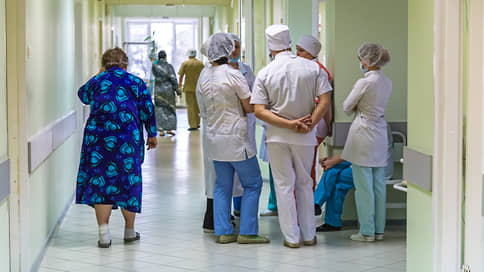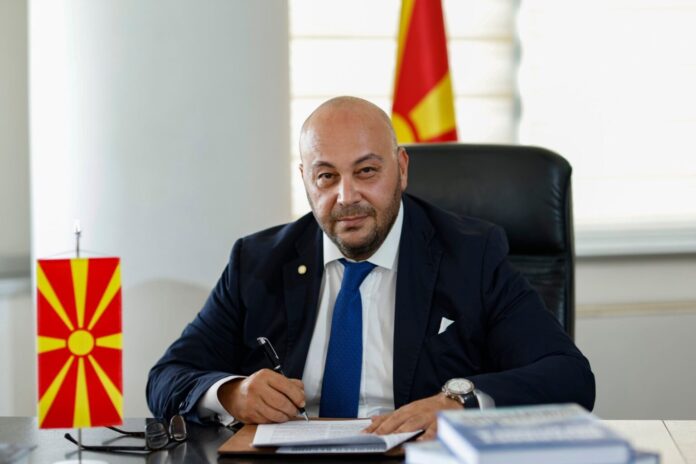The State Duma will consider the bill on the financing of rare diseases

On May 20, the State Duma approved in the first reading a bill, which introduces a backup mechanism for regions for the treatment of patients with rare (orphan) diseases. Financial support from the federal budget will not be provided to all subjects of the Federation, but only to those that “objectively” cannot fulfill their obligations to provide citizens with medicines. The Ministry of Health will take into account a number of criteria, including the budgetary provision of the region, fluctuations in prices for medicines and the number of patients.
The bill considered by the State Duma in the first reading was developed by the government in fulfillment of the decision of the Constitutional Court. Court, As Kommersant reportedin September 2024, he ordered the legislator to provide a backup mechanism for providing patients with rare (orphan) diseases in response to a request from the State Council of Tatarstan. Such diseases include, for example, spinal muscle atrophy or pampa disease. Patients with orphan diagnoses receive the expensive medicines that they need at the expense of the regional or federal budgets, depending on the type of disease, which are accordingly divided into federal and regional lists.
Deputies from Tatarstan, referring to the Constitutional Court, said that this practice violates the principle of equality of citizens, since it puts the life and health of Russians with rare diseases depending on the economic capabilities of the regions.
The prepared bill gives the Government of the Russian Federation the right to grant the regions to the regions to provide medicines of citizens from the regional list in case the subject cannot fulfill his duties on his own. Changes are made to the law « On the Basics of Protection of Citizens’ Health. » After the adoption of the law, the government will prepare a decree governing the procedure and criteria for “confirming the fact of the impossibility” of the region to ensure the medicines of its inhabitants.
Speaking in the State Duma, the deputy head of the Ministry of Health, Sergei Glagolev, clarified that it is planned to take into account the budgetary provision of the region, circumstances that led to such budget development, including changes in prices and the number of patients. Also, the efforts of the regions will also be evaluated « in the intention to conscientiously fulfill these powers. »
The explanatory note to the bill says that 21.1 thousand people are included in the regional list of rare diseases. The average cost of therapy of one such patient is about 2.76 million rubles. per year.
Earlier there were already cases when additional federal financing was allocated for rare patients, but this happened after long litigation, says Maria Posadkova, head of the Legal Service of the Sunflower Fund (helps patients with severe congenital disorders). “The bill allows the regions to receive support in a non -judicial manner, but this is only the first stage,” she says. “Very carefully should be taken to the order and criteria for providing financial assistance.” The criteria, in her opinion, should “provide an unambiguous understanding and unambiguous interpretation” and are subject to clear control mechanisms, otherwise there is again a risk of creating unequal conditions for patients depending on their place of residence.
The co -chair of the All -Russian Union of Patients Yuri Zhulev adds that today there are many orphan nosologies (diseases) in Russia not covered by a regional list and a new mechanism will not be spread to such patients. “That is why we continue to insist on the need for a systematic approach. The patient should not become a hostage of the regional budget deficit or bureaucratic procedures. Interruption or lack of therapy for orphan diseases can have irreversible consequences for the health and life of people, ”says Mr. Zhulev.






:format(webp)/s3/static.nrc.nl/wp-content/uploads/2025/05/19220645/web-1905BIN_amber-alert-nieuw.jpg)
